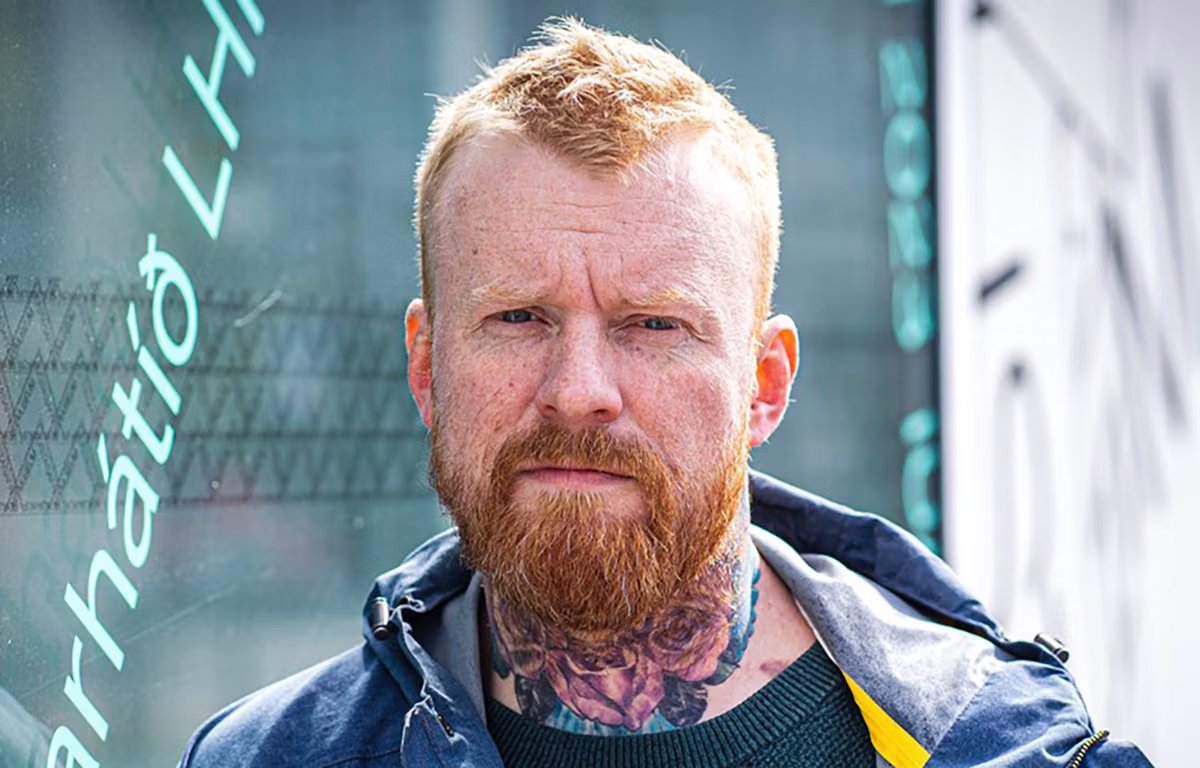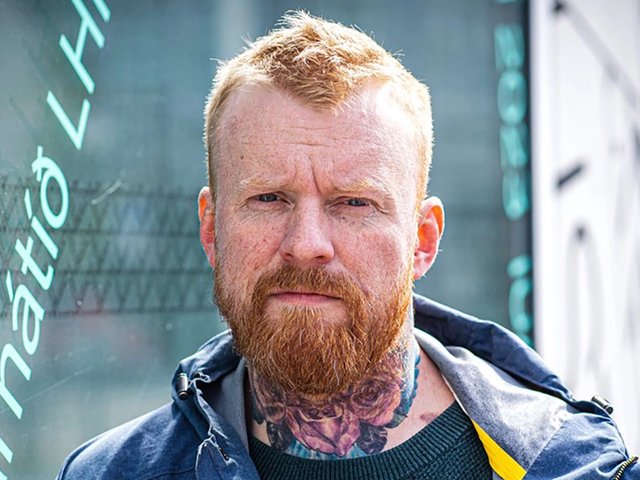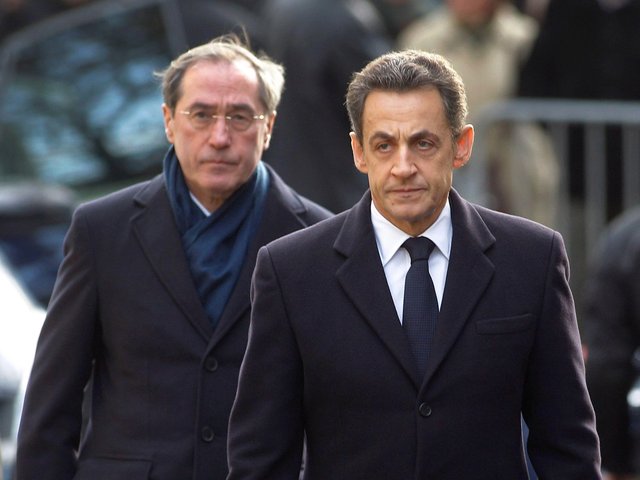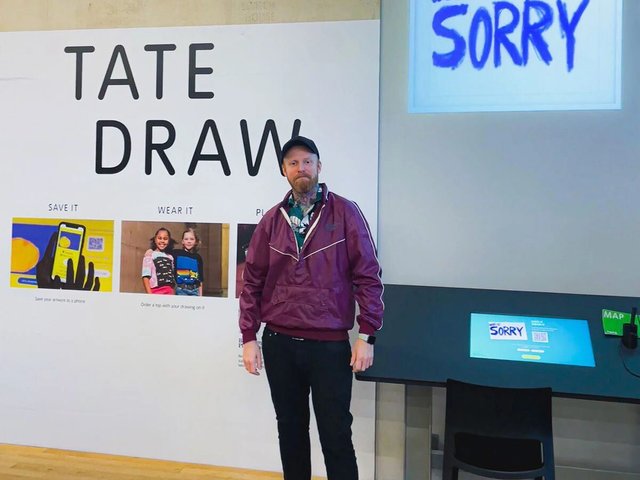The UK’s High Court has rejected a final appeal bid by the Icelandic artist known as Odee, who was seeking to retain ownership of a website he created which highlighted alleged bribery and corruption by the multinational fishing conglomerate Samherji hf.
Odee launched the work, titled We’re Sorry, in 2023. Described by the artist as a “living sculpture”, the digital artwork appeared to be the corporate online presence of Samherji, one of the world’s largest fishing and seafood companies. It carried what purported to be an apology from the Icelandic company for the scandal known as Fishrot.
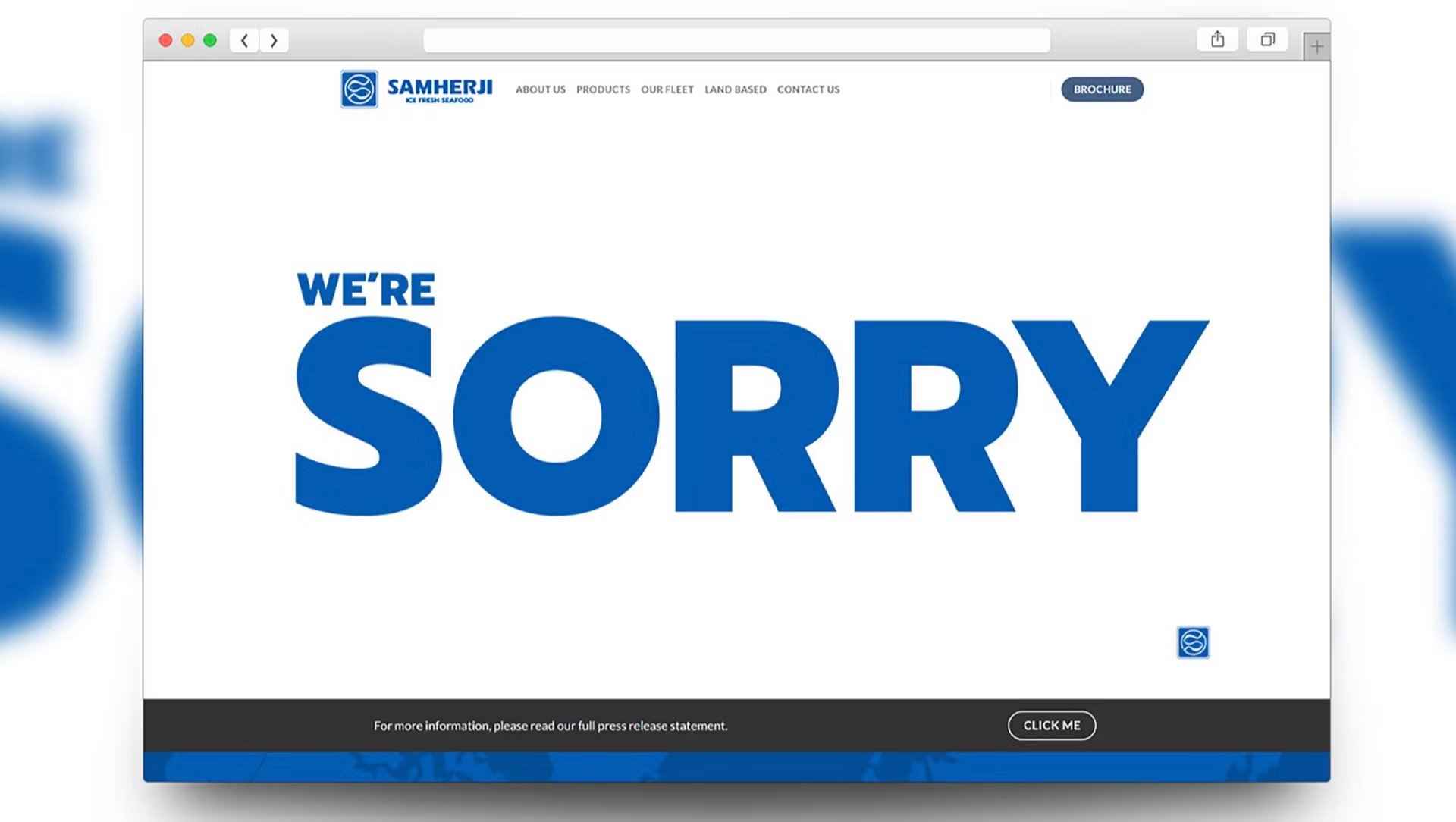
We're Sorry (2023)
Courtesy the artist
The scandal first came to light in 2019, after a Wikileaks release known as the Fishrot Files. The whistleblower involved in the release, Johannes Stefansson, has alleged that he was instructed by his bosses to pay bribes to Namibian officials in return for access to fishing quotas, leaving hundreds of local fishers struggling to survive.
In this week's ruling, judge Anthony Mann upheld a previous order sought by Samherji that required Odee to relinquish control of the website, including access to the domain. While Mann accepted that the artist had not sought to make commercial gain from the digital artwork, he ruled that the website was not a parody, and that Odee could not rely on the protection of Article 10 of the Human Rights Act regarding freedom of expression as the website had been “an instrument of fraud”.
Following the ruling, Odee, who is currently based in Norway, told The Art Newspaper that he will seek to appeal to the European Court of Human Rights. He said: “The fight for free expression goes on.”
At a previous London court hearing, Odee told the presiding judge that his conceptual artistic practice was akin to culture jamming—a form of activism which subverts the corporate tools of advertising to challenge dominant cultural narratives. The barrister for Samherji, however, suggested that culture jamming did not fall under the Oxford English Dictionary’s definition of art and We’re Sorry was therefore not a legitimate artwork.
Ewa van Der Merwe, the senior programmes director at the International Lawyers Project (ILP), alleged that Samherji “intentionally brought these proceedings in the UK”, using litigation to “suppress his artwork and exposure of their leadership’s involvement in the biggest corruption scandal in Namibian and Icelandic history”.
“ILP responded by organising emergency legal representation so that Odee—and artists in his position—can defend themselves against powerful corporations,” van Der Merwe added.
Two further lawsuits relating to Fishrot—also alleging wrongdoing on the part of Samherji—will see the matter scrutinised in courts on both sides of the Atlantic in the coming months.
Samherji did not respond to a request for comment from The Art Newspaper.


